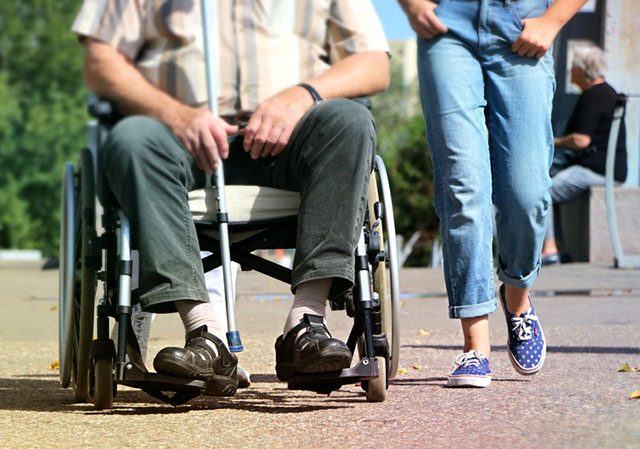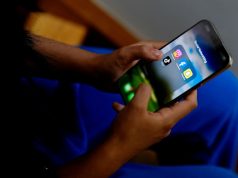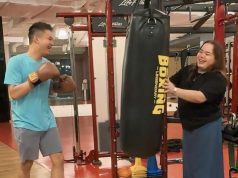A video shared by an Instagram user was heavily panned online as it shows people mocking the condition of differently abled individuals in wheelchairs.
The uploader of the video was identified as Raz Cyrus Elbert who initially shared the clip as an Instagram Story where posts would only last for 24 hours.
One of his followers called him out and posted the video on Twitter to raise awareness that such acts are extremely offensive and unlawful.
This guy I follow posted this video on his Instagram stories of him mocking people with disabilities for him and his dumbass friends to laugh.. I’m disgusted pic.twitter.com/xES2xB5INK
— VERSACE HOE (@visionsofdanis) March 29, 2019
Other users slammed the girl on the video as well, claiming that she is a cabin crew member of a budget carrier. The Twitter user also messaged the social media account of the airline to make them aware of their supposed employee’s behavior.
Update: pic.twitter.com/fVeIqdyHUr
— VERSACE HOE (@visionsofdanis) March 31, 2019
A Twitter user who saw the video shared that he cried upon watching it since he has a mother who is differently abled.
“I cried when I see [sic] the video 🙁 I feel that my mom is being humiliated,” the user wrote.
The video is the latest incident where differently abled people are ridiculed at the expense of others’ supposed entertainment.
Last January 2019, a number of social media users made fun of Ken Chan’s autistic character named Boyet Mariano in “My Special Tatay,” a drama aired on GMA Network.
They launched a so-called “#BoyetChallenge” where social media users shared videos that mimicked the character’s mannerisms, much to the dismay of groups like the Autism Society Philippines.
Months before the challenge, former Palace Communications Assistant Secretary Mocha Uson and blogger Drew Olivar released a now-deleted video that made fun of sign language, the form of communication used by people who cannot speak and hear.
Against the law
It is against the law to ridicule and mock differently abled people, according to Republic Act 7277 or the Magna Carta for Disabled Persons.
It has been amended under Republic Act 9442 where additional privileges and prohibitions are stated to uphold the dignity of PWDs.
The amendment condemns “public ridicule” defined as the “act of making fun or contemptuous imitating or making mockery of persons with disability whether in writing, or in words, or in action due to their impairment/s.”
It cites a prohibition against vilification as “the utterance of slanderous and abusive statements against a person with disability.”
The law furthermore denounces the use of “the disability of a person as an example in a manner that is embarrassing and humiliating to the dignity of persons with disability.”
Vilification also refers to “an activity in public which incites hatred towards, serious contempt for, or severe ridicule of persons with disability.”
First-time violators could be penalized for P50,000 up to P100,000 or serve jail time for six months up to two years. Subsequent violators would be penalized for P100,000 up to P200,000 or serve jail time for two to six years.










